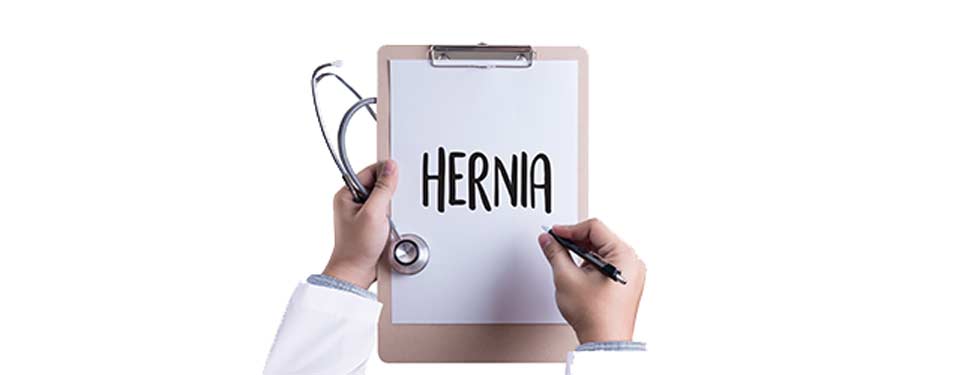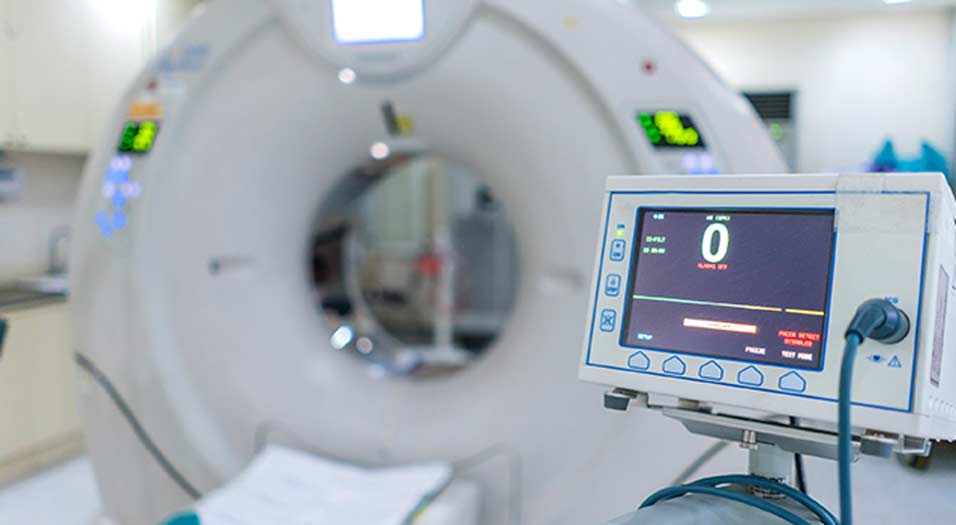
You may not realize you have an incisional hernia until you cough or strain your bowels.
If the hernia is severe, however, it may cause a lot of pain and discomfort. A hernia that is painful will require surgical intervention. An incisional hernia happens after surgery. If the site of the surgery was not fully closed, a hernia can form. The tissue lying beneath the surgical scar can push against the weakened area, causing a bulge.
Incisional hernias are most often found on the abdomen, so you may also hear your healthcare professionals refer to it as a ventral hernia.
CONTACT US TODAY
Who is at Risk?
You are at risk for developing an incisional hernia if you have had abdominal surgery within the last three to six months. If you get pregnant, gain a lot of weight, engage in heavy weight lifting, or do other strenuous activities in the months following your surgery, you are at an increased risk. Although a hernia can happen at any time after surgery, the highest risk is within the first six months post-operative.

How is the Hernia Fixed?
Today, most hernias can be fixed laparoscopically. You will be put under general anesthesia for the procedure. Two slits are made, one on each side of the hernia. Into one opening, a laparoscope is inserted. The other hole is used for the other surgical tools. If the hernia is small, the surgeon may fix it with a few permanent stitches. Stitched hernias can re-open over time. Another option is placing a piece of surgical mesh over the area to keep the tissue in place and not allow it to poke back out through the hole. This is the standard treatment. You may be allowed to go home the same day as the surgery. Some doctors may want you to stay overnight for closer observation.
Are There Restrictions After Surgery?
After your hernia is repaired, you want to avoid any heavy lifting for the first couple weeks. Straining your bowels can also weaken or rupture the repair, so your doctor will also recommend that you take a stool softener for the first week or so. Depending on your physician’s recommendations, you may have to avoid intercourse for a limited time period.
The risks for this type of surgery are the same as most other surgeries, including bleeding and infection. There is also a risk of the stitches not holding together if the surgeon chose to stitch the area. If mesh is inserted, there is a risk of your body rejecting the mesh tissue or it causing an allergic reaction. In these instances, the mesh will have to be removed and stitches used instead.
If you think you have an incisional hernia, be sure to get it checked out by your doctor. Not all hernias require surgery, but you want to take care of it sooner rather than later so it does not get larger.

What Are Available Treatment Options?
If there are no disruptive symptoms, treatment for a hiatal hernia is typically not necessary. Otherwise, medications are usually recommended to manage heartburn/acid reflux symptoms. If medication isn’t effective, surgery may be done to remove the hernia sac and return tissues and structures to their original position. Some patients need to have their esophageal sphincter reconstructed as well. With laparoscopic surgery, smaller incisions, a tiny camera, and special tools are used to make the procedure less invasive.
The risk of developing a hiatal hernia is greater for individuals who are overweight and those 50 and over. Symptoms of an existing hernia in the diaphragm area can be aggravated by any type of pressure on the stomach. Odds of experiencing further complications may also be minimized by eating a healthy diet that includes foods that are easy to digest, avoiding overly acidic foods, and getting regular exercise to help keep weight in check and strengthen muscles around the stomach and diaphragm.

